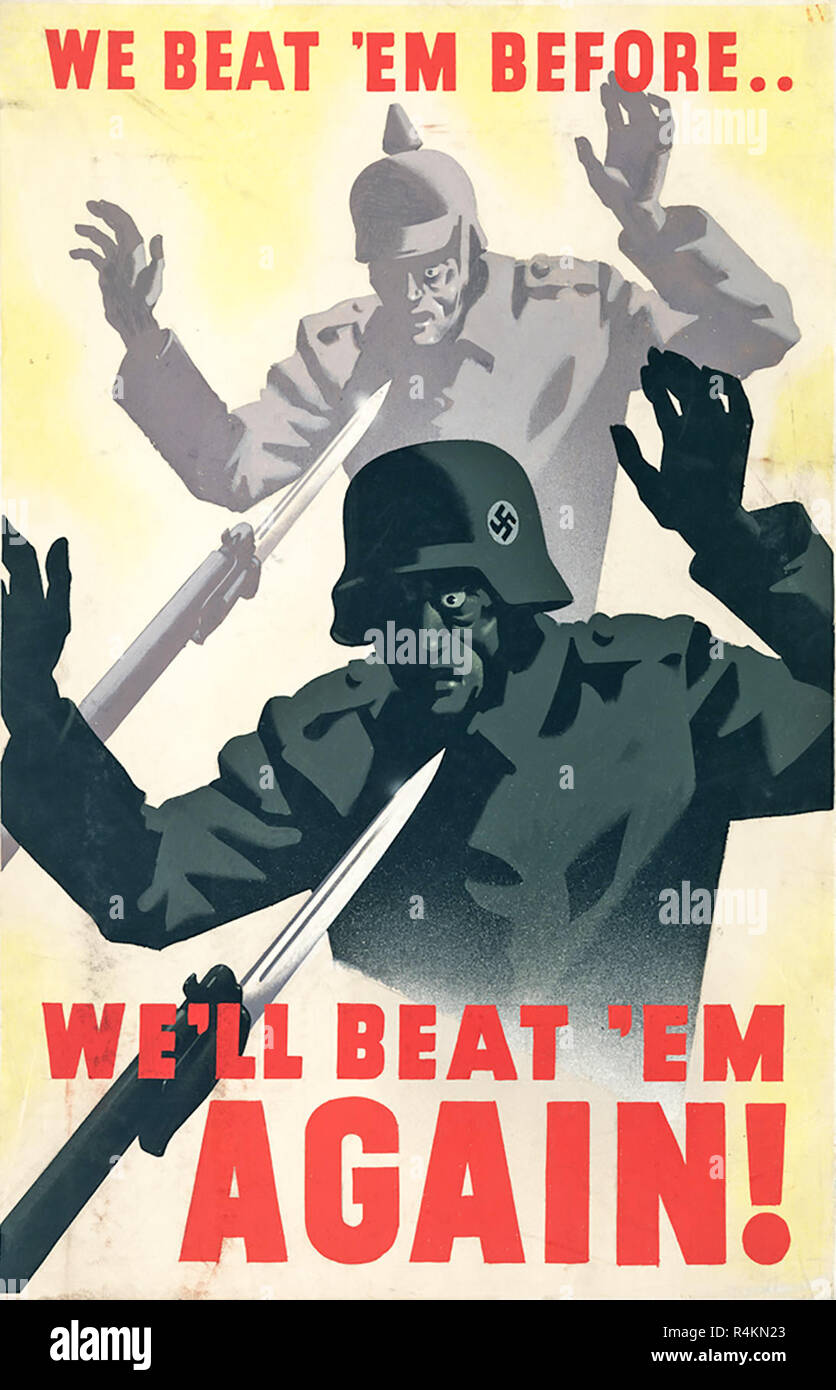Post by john07 on Apr 28, 2016 23:19:24 GMT

In the 1975 Referendum, Barbara Castle was a strong advocate of 'out'. She subsequently suggested it was aimed at getting a better deal from the EEC.
Wilson was a pragmatist. He had no strong views on the EEC one way or another. He just wanted to keep the party together. Hence he used the same approach as Cameron by calling a referendum and allowing cabinet ministers to campaign on either side. I am not sure what would have happened in the event of a narrow quit vote. I think that would have been that although EFTA might have become more important.
Wilson was faced with a very split cabinet with all of the left, most of the centre-left and sizable chunks of the centre-right and right opposed to the EEC. Against this was a coherent group of 'social democratic revisionists' who were ideologically in favour of the EEC. This group included Roy Jenkins, Shirley Williams, Roy Hattersley, and the usual suspects (most of whom defected to the SDP). Some of the 'revisionists' such as (the deceased) Hugh Gaitskell and the intellectual architect of revisionism, Tony Crosland, were rather Eurosceptic.
The cost of leaving was not that significant in 1975 as the UK only entered the EEC in January 1973. Consequently the trade patterns would have not changed by then and it may have been possible to restore the old order. That option is no longer with is now,
Labour had plenty of anti-EEC MPs including Peter Shore (who would have become PM in 1976 if I had my way), Barbara Castle, and Michael Foot of the centre-left all the way through to Douglas Jay of the right. Tony Benn was a puzzle here. He was a staunch EEC supporter in the 1960s. Who can forget his speech as Filton Airport where, as Minister of Technology he put the 'e' into Concorde. He exclaimed that 'e' stood for Europe, for Entente Cordiale, and for EEC. I think he changed his mind after that.
My own position was confused. I was initially a Euro enthusiast in favour of European integration and to some extent I probably still am. Strangely enough what changed my view on the issue by a Conservative pal at Manchester University. He was on the extreme left of the party and would have been expected to be pro-EEC which I guess he was. He told me that the EEC, at least in its then current form, was acting as a barrier to European unity which we both were looking for. I ended up voting against staying in the EEC. I stayed as anti-EU until Jacques Delors changed the landscape.
I must admit that I enjoy the banter with right as he is always willing to debate the issues and not forever trying to score petty political points.